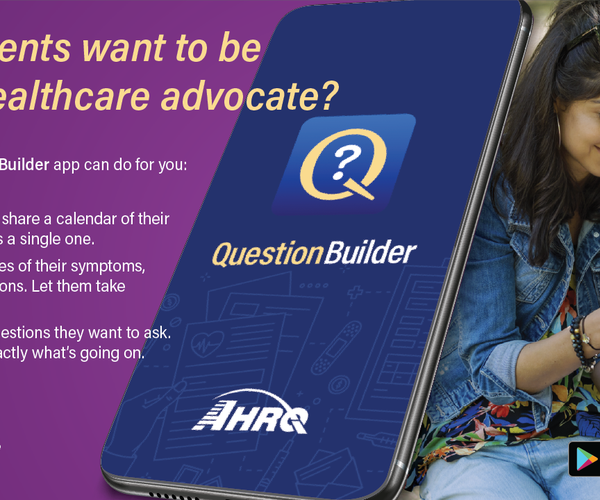The importance of social media and digital tools in enhancing patient and family engagement in healthcare cannot be overstated. These innovative platforms not only improve communication between healthcare providers, patients, and their families, but also empower individuals to take charge of their own health and well-being. In this blog post, we will explore the impact of social media and digital tools on patient and family engagement in healthcare and discuss how they contribute to a more patient-centered care approach.

The Role of Social Media in Patient and Family Engagement
Popular social media platforms such as Facebook, Twitter, Instagram, and LinkedIn have become integral parts of our daily lives. They allow healthcare providers to share valuable information, promote health awareness, and create online communities that foster support and engagement.
Health education and awareness: Social networking platforms provide a space for healthcare professionals to share educational resources, health tips, and important news. This enables patients and their families to access accurate, reliable information and be better informed about their health conditions and treatment options.
Peer support: Online communities and support groups on social networking sites enable patients and their families to connect with others who share similar experiences. This can help reduce feelings of isolation and provide emotional support, which is crucial for coping with a health condition.
Real-time communication: Social media platforms facilitate real-time communication between patients, families, and healthcare providers, allowing for immediate feedback and improved care coordination.

The Power of Digital Tools in Patient and Family Engagement
Digital tools such as mobile apps, wearable devices, and telehealth services are revolutionizing patient and family engagement in healthcare. These tools allow individuals to take a more active role in their health and provide healthcare providers with valuable insights into their patients' well-being.
- Health monitoring and self-management: Wearable devices and mobile apps enable patients to monitor their own health and manage their conditions. This can lead to a better understanding of their health status, improved adherence to treatment plans, and, ultimately, better health outcomes.
- Personalized care: Digital tools can help healthcare providers tailor their treatment plans to meet the unique needs of each patient. By tracking health data and analyzing patient behavior, providers can make more informed decisions about the best course of action for each individual.
- Telehealth services: Telehealth services enable patients and their families to access healthcare remotely, reducing the need for in-person visits and increasing the convenience of care. This can be particularly beneficial for patients with limited mobility or those who live in remote areas.
By fostering communication, education, and support, social media platforms empower individuals to take charge of their health and well-being. Furthermore, digital tools allow healthcare providers to better understand their patients' needs and tailor their care accordingly. By leveraging these innovative platforms, healthcare organizations can create a more patient-centered care approach that ultimately leads to better health outcomes for all.
Reach Out
Ready to start your next project? Have a question about one of our services? Get in touch with one of our producers and we will be happy to assist you. We're excited to hear from you!

